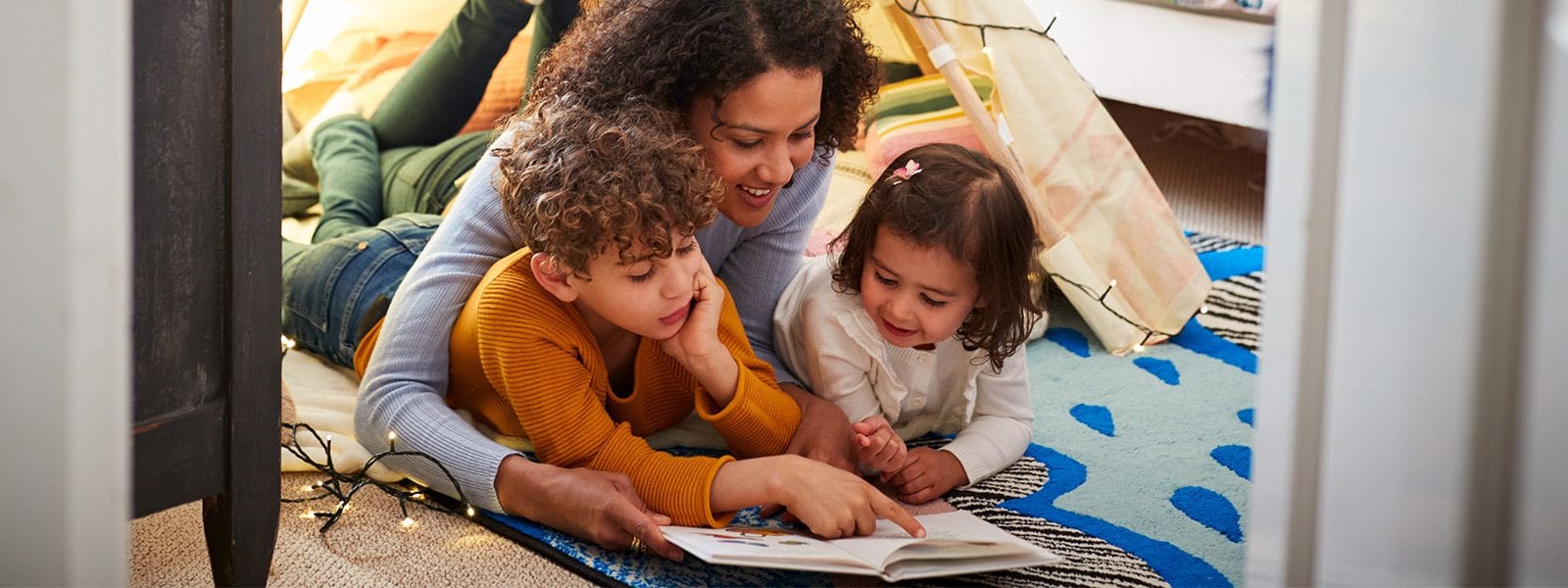I am staring at the cutest greeting card I think I’ve ever seen. It is of a boy about five or six years old in a striped shirt holding a hammer and attempting to build a little wooden boat. He is scrunched over with intense concentration as he tries to hit the nail directly on the head. Inside, the card reads: If at first you don’t succeed, try again.
 As I was looking at the card and enjoying the artwork, I thought of all the times we moms try to make things perfect for our children. We want to help them do everything so that they will feel successful and have “adult” perfect projects. We don’t want them to experience any frustration, and of course, “We are older and already know how things should be done!”
As I was looking at the card and enjoying the artwork, I thought of all the times we moms try to make things perfect for our children. We want to help them do everything so that they will feel successful and have “adult” perfect projects. We don’t want them to experience any frustration, and of course, “We are older and already know how things should be done!”
Many times, and in many different areas we don’t allow the natural progression of learning, trying, failing and trying again. Children can actually learn amazing amounts of things on their own.
I am not talking here about homeschooling lessons in general, nor about letting your child go off by himself to do “self school” on a continual basis. There is plenty of room for you to present academic material and ideas, have discussions, teach character, etc. What I’m talking about is letting your child experience some of the lessons of life for himself — seeing consequences and becoming responsible for them, and trying various projects of his own in an atmosphere where mom doesn’t always try to tell him before hand what to do and why.
For instance, if your child is vacuuming the floor for you and he tries to change the vacuum’s bag, he will learn for himself that if you pull the bag off carelessly the dust will spill all over the floor. Most of us would see our child trying, send off a hundred cautions rather than let him find out for himself. If he becomes frustrated that he just vacuumed and now there is dirt on the floor again, you can cheerfully ask if he’d like to see a better way to remove the bag and then commend him for re-vacuuming the dusty spot.
As your child becomes comfortable with your quiet attitude of letting him try things and only offering help when he asks, he will know that he is safe to experiment, try, fail and try again without your criticism or help. His world will expand and his confidence as a problem-solver will grow. Some of the best lessons are the ones a child learns through his own efforts, thought processes, and trial and error. This builds in him creativity, confidence and perseverance.
Again, keep in mind the balance. We don’t let our children experiment with new ways of stacking glasses using the family crystal! We are not talking about a mindless permissiveness. There are boundaries both in human relationships and in material goods that we may need to input at once. But, in the myriad of daily activities, relationships, and projects we can find many ways to let our children try their ideas on their own, experience the results and adjust if necessary.
This philosophy is a genuine “think on these things”…in other words ponder the idea and if you feel it has some merit, let it come into play in your child’s life at the right time. Don’t get carried away push this philosophy over the top, but let it “steep” in your mind and be used just at the right moment. Watch for those times when you can let your child try on his own. Let him very gently learn if he doesn’t succeed on the first try, he can always try again!


